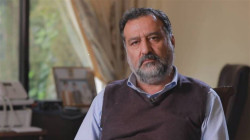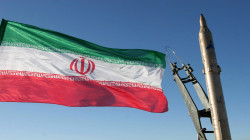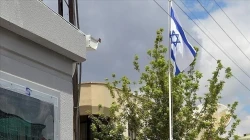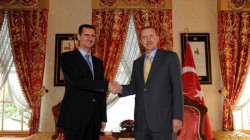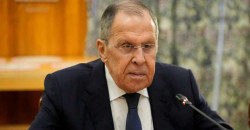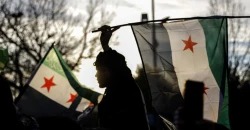Syria after al-Assad: A theatre of Turkish and Israeli competing visions
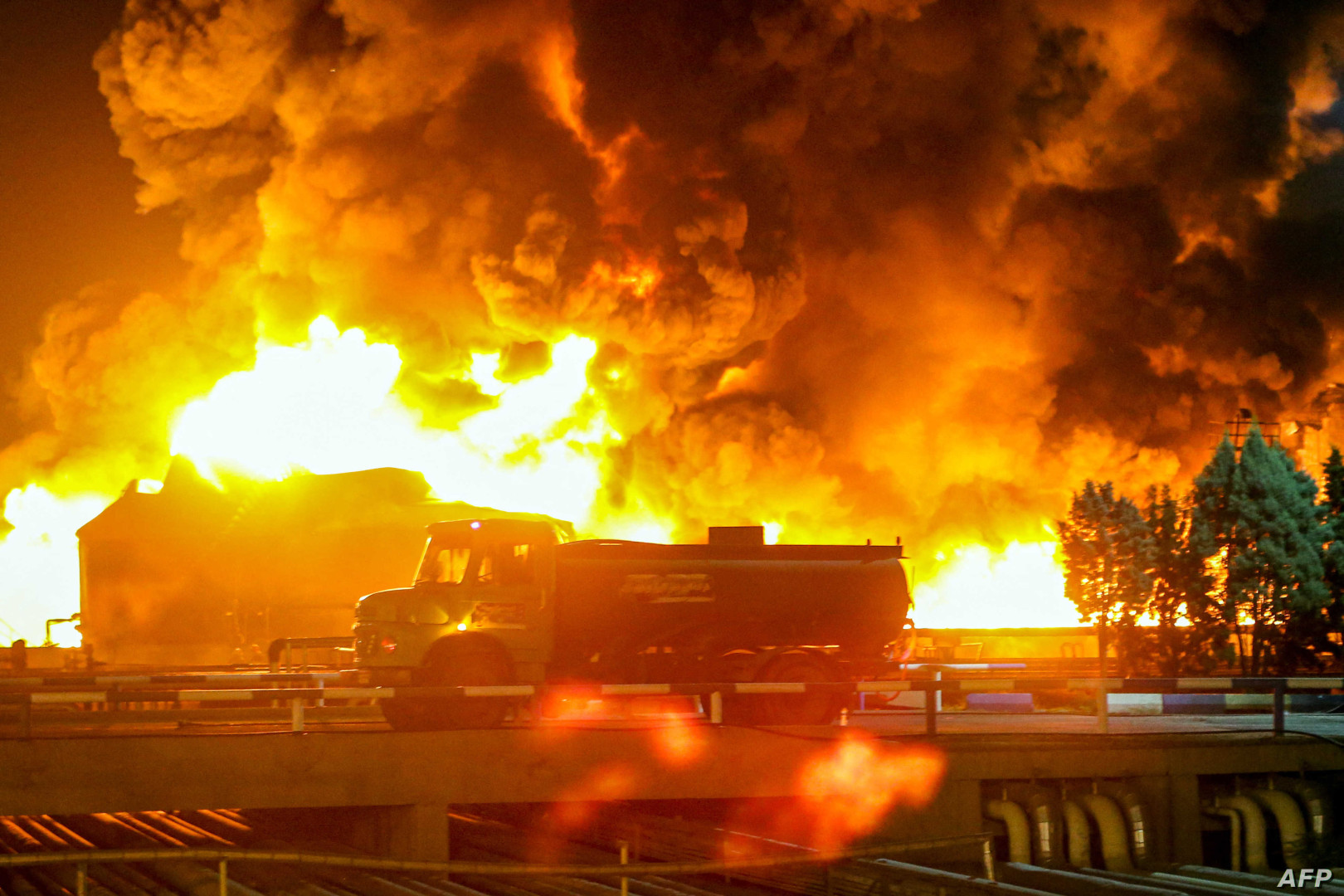
Shafaq News/ The ousting of President Bashar al-Assad on December 8, 2024, marks a defining moment in Syria’s history, opening the door to a new chapter shaped by evolving regional dynamics. As Turkiye and Israel move to assert their influence, their conflicting agendas are redrawing the future of Syria and impacting the broader stability of the Middle East.
This change in power balance is poised to reshape the region, with repercussions that will echo for years to come.
Ambitions Clash
Since the outbreak of the Syrian civil war in 2011, Turkiye has played a pivotal role in shaping the course of the conflict. Early on, Ankara allied itself with armed groups opposed to Syrian President Bashar al-Assad, including Hayat Tahrir al-Sham (HTS), which emerged as a significant force in challenging al-Assad’s regime.
However, as the war progressed, Turkiye’s objectives have evolved, with a central focus now on preventing the rise of a Kurdish entity along its southern border, a move it views as a direct security threat.
To achieve this, Turkiye has ramped up military operations in northern Syria, targeting Kurdish forces and establishing buffer zones to safeguard its territorial integrity. In December 2024, the Turkish-backed Syrian National Army (SNA) launched the Manbij offensive, seizing over 200 square kilometers of territory from the Syrian Democratic Forces (SDF).
Ankara has escalated its campaign against the SDF, which it considers an extension of the Kurdistan Workers' Party (PKK). Over the course of these operations, Turkish airstrikes have repeatedly targeted SDF-held areas, focusing on vital supply routes and command centers.
Between December 2024 and March 2025, Turkish drone strikes struck SDF positions in northeast Syria more than 150 times, causing casualties among both Kurdish fighters and civilians. The overarching objective is clear; to dismantle Kurdish self-governance in northern Syria and prevent any future Syrian state from accommodating Kurdish autonomy.
The scale of Turkiye’s military efforts has continued to grow. With over 10,000 Turkish troops deployed along Syria’s northern frontier and reinforcements stationed in Afrin and Jarabulus, Turkiye is establishing a lasting presence.
Additionally, reports suggest the construction of at least five new military outposts in northern Syria. In strategic areas such as Afrin and Tel Abyad, Turkiye has facilitated the resettlement of more than 30,000 Syrian Arab families, altering the region’s demographic balance in favor of pro-Turkish groups. The Turkish government has also allocated approximately $2 billion for infrastructure projects, further solidifying its hold on areas under its control.
Beyond these battlefield gains, observers say that Turkiye is reportedly restructuring the Syrian military, aligning factions with its own interests, and contemplating the establishment of permanent military bases within Syria. These moves signal Turkiye’s long-term intention to cement its influence in the region.
While Turkiye’s influence continues to grow in northern Syria, Israel’s “announced focus” has been on preventing Iran and its ally, Hezbollah, from regaining a foothold in the country. With the power vacuum left by al-Assad’s potential departure, Israel has ramped up its military operations in Syria, conducting airstrikes aimed at Iranian and Hezbollah positions. Israel’s primary concern remains the potential for Iran to establish a permanent presence, particularly in regions near the Golan Heights.
To counter this threat, the Israeli Air Force (IAF) has launched over 80 airstrikes between December 2024 and March 2025, targeting suspected Iranian arms depots and Hezbollah command centers across Syria.
Israel’s actions have not been limited to strikes on military targets. Since al-Assad’s removal, it has launched several high-profile attacks on key strategic locations. According to the Syrian Observatory for Human Rights (SOHR), at least 20 Israeli airstrikes occurred between January and March 2025, disrupting crucial supply routes used by Iranian-backed forces. These operations are designed to weaken Iran’s network of influence and disrupt Hezbollah’s logistical operations across Syria.
Israeli defense officials have issued repeated warnings, signaling their readiness to escalate operations in Syria if it feels any threat.
The effectiveness of these strikes is central to Israel’s strategy. Israeli officials claim that their airstrikes have compromised at least 70% of Hezbollah’s logistical network in Syria, and the Israeli Defence Ministry reports that over 40 Hezbollah-linked militants have been killed since December 2024, underscoring the intensity of their campaign.
New Administration, New Ties?
President Ahmed al-Sharaa’s administration faces the delicate task of managing relations with both Turkiye and Israel, two sides with significant yet conflicting stakes in Syria’s future.
Ankara’s influence in Syria has deepened, but discussions over the establishment of permanent Turkish military bases have raised concerns in Damascus. While Syria remains wary of Turkiye’s expanding presence, it also recognizes the need for pragmatic engagement to support stability and economic recovery.
A key point of contention in the negotiations is the presence of Turkish troops in northern Syria. Damascus is pushing to assert greater sovereignty while also addressing Turkiye’s security concerns. Reports indicate that joint security committees have been formed to negotiate the status of Turkish military outposts, with discussions centering on a phased withdrawal. However, no concrete agreement has been reached, leaving the situation in a state of uncertainty.
Meanwhile, al-Sharaa’s administration has taken a markedly different approach toward Israel. Unlike the previous government under Bashar al-Assad, which closely aligned with Iran and Hezbollah, the current leadership appears more pragmatic, prioritizing internal stability over regional conflicts. Despite this strategic shift, direct diplomatic engagement between Damascus and Tel Aviv remains absent.
Nevertheless, behind the scenes, international mediators have reportedly facilitated backchannel communications. While al-Sharaa’s administration has not publicly addressed Iran’s military presence in Syria, Israeli officials continue to demand the dismantling of Iranian-linked infrastructure as a precondition for any potential diplomatic overtures.
Until these conditions are met, Israel claims that it will continue its military operations in Syria, underscoring the deep-seated distrust between the two sides.
Hidden Rivals
While Israel and Turkiye are not directly engaged in military conflict in Syria, the increasingly adversarial dynamics between them are evident.
Turkiye’s support for Syrian opposition factions has placed it in direct opposition to Israeli interests, particularly as some of these groups are seen by Tel Aviv as security threats. At the same time, Israel has continued its airstrikes on Syrian military targets, including those aligned with Turkish-backed forces, further complicating the situation. This delicate balance of power creates the potential for indirect clashes between the two.
Bassam Abu Abdullah, a Syrian defense analyst based in Damascus, emphasized the tensions, “Turkiye’s efforts to dominate northern Syria put it at odds with Israel’s indirect backing of Kurdish groups, creating a scenario where both nations are effectively operating in opposition, even if they are not engaged in direct confrontation.”
The situation becomes even more intricate as battlefield alliances shift. Turkish-backed factions, responding to changing military dynamics, have sometimes found themselves in direct conflict with Israeli interests. Amos Yadlin, a former head of Israeli military intelligence, noted, “We have observed a shift in battlefield alignments. Some of the targets we have engaged recently were not solely Iranian-backed; they included elements supported by Turkiye, which is an emerging concern.”
Compounding the military maneuvers is a growing intelligence war between Israel and Turkiye. Both countries closely monitor each other’s activities, ramping up surveillance and espionage operations.
Turkish intelligence operatives, in particular, have reportedly intensified their focus on Israeli military assets in Syria, with particular attention on the Golan Heights region. Murat Yetkin, a Turkish journalist and former intelligence analyst, pointed out, “Turkiye has bolstered its intelligence presence in Syria, not only to monitor Kurdish activities but also to assess Israeli operations”.
From Israel’s perspective, the expanding Turkish role in Syria is increasingly concerning, especially with Turkiye’s growing support for Islamist factions. Brigadier General (Ret.) Yossi Kuperwasser, a former Israeli intelligence officer, warned of the long-term risks, “The presence of Turkish-backed Islamist groups in Syria poses long-term risks. Many of these factions harbor hostility toward Israel, and some have links to networks that could eventually threaten our security.”
Israel’s concerns extend beyond just the presence of these factions. Israeli officials are also wary of Turkiye’s expanding military footprint in Syria, particularly its efforts to establish permanent military bases. During an official visit to Paris, Israeli Foreign Minister Gidon Sa’ar remarked, “They are doing everything to turn Syria into a Turkish protectorate. We opposed the Iranians when they tried to do this, and we oppose the Turkish attempt to do it now,” underscoring Israel’s apprehension about Turkiye’s ambitions in Syria.
What's Next?
Syria stands at a crossroads following the ousting of President al-Assad, marking the beginning of a new and uncertain era. This dramatic shift in leadership has sparked a realignment of regional power dynamics, with Turkiye and Israel emerging as central players in shaping the country’s future.
The involvement of external powers like the United States, Iran, and Russia further deepens the uncertainty surrounding Syria's future. Their presence in the country adds layers of complexity to an already volatile situation. Iran, for instance, has reportedly begun revitalizing its networks in southern Syria, seeking to reassert its influence after al-Assad's fall. This resurgence presents new challenges for both Israel and the emerging Syrian government.
Similarly, Russia’s longstanding support for al-Assad, coupled with its military presence, continues to shape the regional power dynamics, complicating any potential resolution.
The United States is still the backbone of the Kurds in northeastern Syria.
Meanwhile, the Gulf States have recalibrated their stance on Syria. Once among the fiercest critics of Bashar al-Assad, Saudi Arabia and the UAE have shifted toward a more pragmatic approach, recognizing that engagement may offer greater influence than prolonged isolation.
Bloomberg reports that both nations have extended significant economic aid to Syria’s new government, a strategy aimed at counterbalancing the growing influence of Turkiye and Iran in the region.
However, despite this newfound engagement, the Gulf States' support for Syria’s new administration is motivated primarily by strategic interests rather than ideological alignment. As Al-Monitor noted, the Gulf States’ long-term commitment to Syria will hinge on how the country navigates its political future and the evolving regional power dynamics. The Gulf nations are keenly aware that their investments in Syria must align with their broader regional goals and security concerns.
Syria’s future now hinges on the ability of its new administration to manage the complex web of internal and external pressures and the new leadership must find a delicate balance to steer Syria toward a more peaceful and prosperous future.
